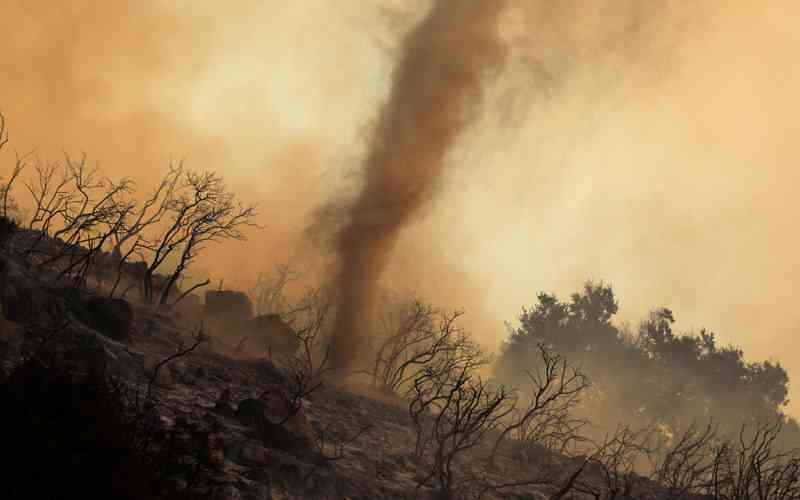
THE adverse effects of climate change are being felt worldwide and have exacerbated poverty in developing countries.
Anthropogenic activities that result in greenhouse gas emissions increase global surface temperatures and affect the earth's climate.
Climate change has become a global problem. Africa, Asia and Latin America are the regions where the severe impacts of climate change are likely to be felt.
The Intergovernmental Panel on Climate Change (IPCC) (2007) states that the African continent is one of the most affected continents.
Africa is considered vulnerable to climate variability due to its reliance on rain-fed agriculture, high temperatures, reduced rainfall and high levels of poverty.
It is estimated that rain-fed agriculture will decrease by 50% by the year 2080 and river flow rates are expected to decrease by 70% by the year 2050 in sub-Saharan Africa (UNFCC, 2012).
These projections are already manifesting as evidenced by floods, change in precipitation rates, food insecurity, heat waves as well environmental degradation.
Africa will bear the brunt of climate change, largely due to its global location, vulnerable population and poor land use practices. In West Africa, persistent droughts in East Africa, destruction of rainforests in equatorial Africa, and increased ocean acidification around the southern coast of Africa have been reported.
- COP26 a washout? Don’t lose hope – here’s why
- Out & about: Bright sheds light on Vic Falls Carnival
- COP26 a washout? Don’t lose hope – here’s why
- Out & about: Bright sheds light on Vic Falls Carnival
Keep Reading
In Zimbabwe, rain-fed agricultural production is increasingly facing challenges (IPCC, 2020). We are all vulnerable to climate change, but the level of vulnerability varies by gender, age and race. However, rural population is more vulnerable to climate change compared to their urban counterparts.
Throughout the years , it has been apparent that Zimbabwe's youth population is growing in size. The 2014 Human Improvement Report expressed that by year 2013, Zimbabwe was a young country, with roughly 67,7% of the 13 million populace that was recorded then being those younger than 35.
Youth-led organisation All for Climate Action, which focuses on raising awareness of the variability of climate, has been active in raising awareness of environmental and climate change issues among youth and local communities.
Last two Saturdays ago, the youth organisation launched ‘Voices for the Planet’, an interactive platform focused on promoting civic engagement and young people's involvement in climate action agenda.
In an interview with founder Natalie Gwatirisa, she said: "This platform is aimed at promoting three elements of action for climate empowerment: Youth participation, access to information and public awareness". Tapping into the youth demography is crucial in strategic planning related to climate interventions, mitigation and adaptation and must be aligned to economic activities to encourage interest and participation.
- NYAWO IS A DEVELOPMENT PRACTITIONER.







